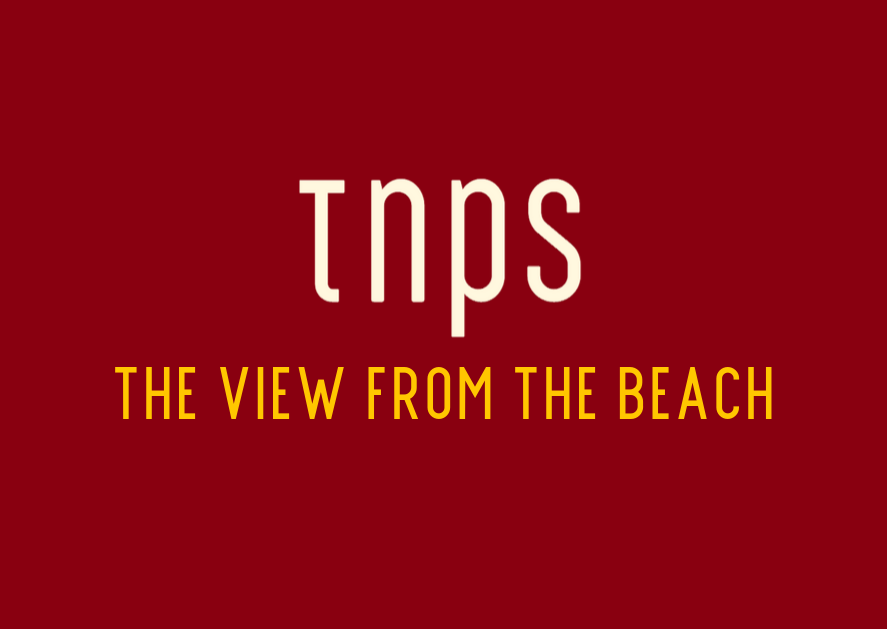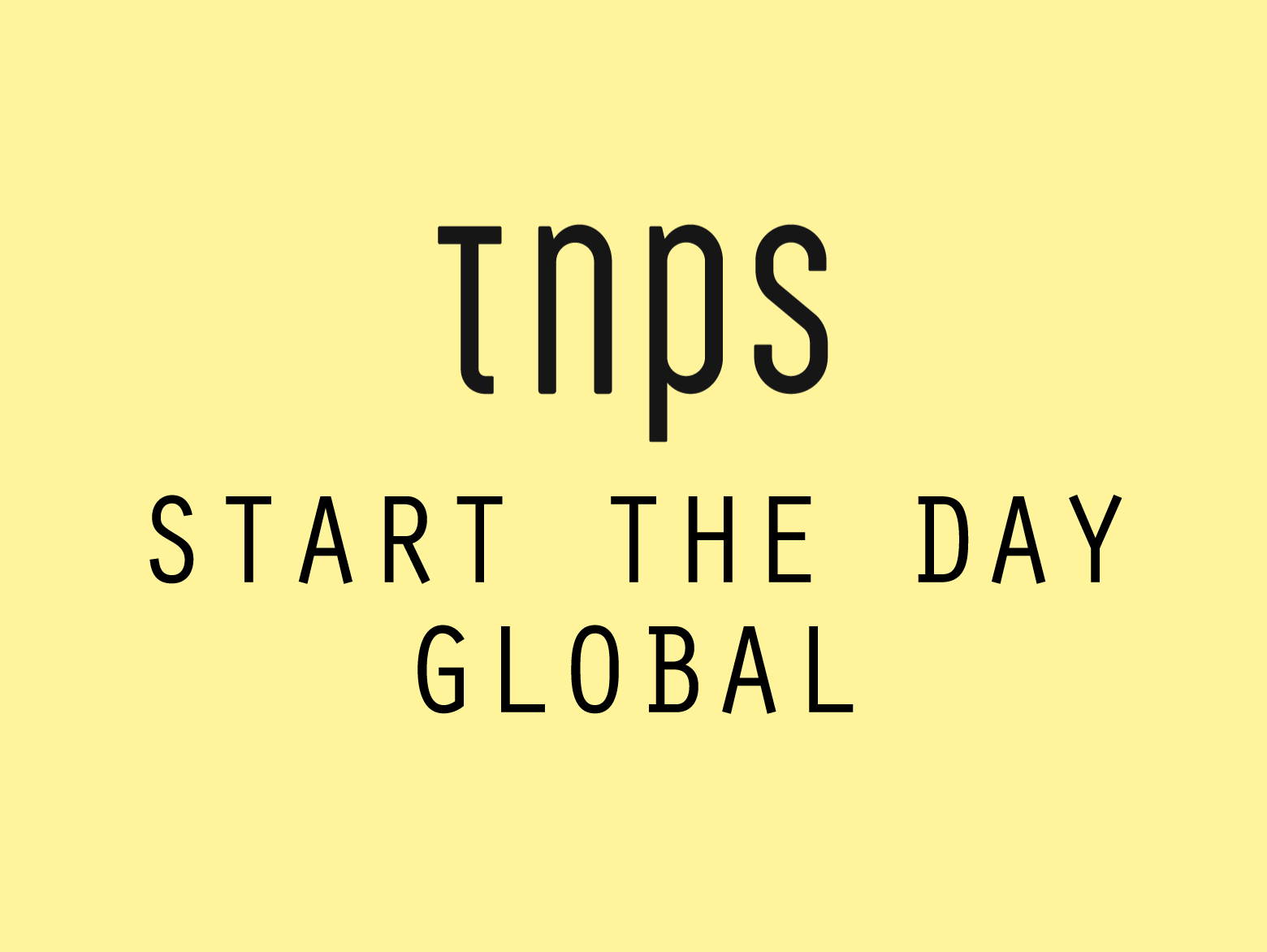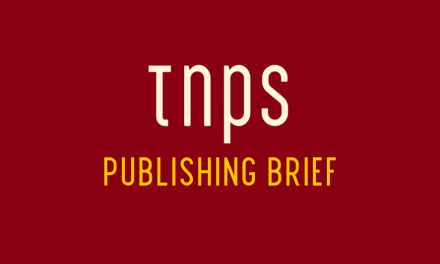This twentieth-century sledge-hammer to crack a nut approach to policing its catalogue flies in the face of the company’s otherwise deserved image as being at the forefront of the publishing revolution.
Thad McIlroy’s book about AI in the publishing industry has been banned by Ingram because it demonstrates the uses of AI in the publishing industry. You couldn’t make it up.
An algorithm-invoked email (think AI before it was called AI) to McIlroy, a respected industry consultant who has long been discussing the pros and cons of AI in our industry, explained, with not a human anywhere in sight, “After review, one or more of your titles are believed to violate our Catalog Integrity Guidelines. The below title has been removed from distribution…“
Note the “one or more” followed immediately by “the below title.”
I’m pretty sure any self-respecting AI programme could see the grammatical problem there, but of course Ingram is still using 2000s automation to police its catalogue.
In this instance it’s safe bet the book will be back in circulation in the next five seconds or so as Ingram rushes to avert a public relations disaster. McIlroy has no need to go through a draconian and drawn out appeals process like regular author mortals.
Draconian and drawn out? McIlroy immediately registered his appeal against the Ingram decision, and received the following response that no human took any part in delivering:
“Please allow up to 14 business days for your appeal to be reviewed and addressed.”
Fourteen business days of course meaning the best part of three real weeks, but as McIlroy notes, “According to posts on Reddit, this appeal can, in fact, take months.”
But McIlroy is an industry celebrity, like Jane Friedman before him, who had AI-related issues with Amazon, and sure enough, within hours of McIlroy posting on LinkedIn about the incident, Ingram’s Margaret Harrison was publicly giving McIlroy the VIP treatment he rightly deserves, commenting directly on LinkedIn.
“Thad, I will message you and we can look into your title. Our guidelines are posted and state that we may not accept AI generated content. Appreciate your coverage and patience with us as we work to protect our booksellers and our brand that supports high-quality professional content from thousands of authors, including you!“
Nothing to complain about there, apart from the one rule for “important people” and another for the rabble authors who don’t have an influential platform in the industry.
But hold on. The “we can look into your title” pretty much says it all. The book has not been previously reviewed in any way, shape or form before being censored, other than by a piece of code that is no more than an antediluvian form of the very AI Ingram is now purporting to protect civilisation from.
As part of that protection, Ingram does not allow authors to submit “content created using automated means, including but not limited to content generated using artificial intelligence or mass-produced processes.”
Never mind that Ingram itself is using “automated means” to censor work it does not approve of, which as McIlroy himself notes on his blog, flies in the face of Ingram’s public commitment to the principle of freedom to publish.
Ingram will argue it’s not censorship per se, but merely safeguarding, but isn’t that what they all say?
The reality is, there is no such thing as absolute freedom to publish or freedom of speech. It’s all relative.
From national security to Holocaust denial to incitement to hatred to advocating underage sex, every country censors at some level.
But in this instance this is censorship by algorithm, and the rule being enforced is itself pure censorship. Ingram does not approve of AI-generated content and is enforcing that opinion on its customers. Which is fine. It’s a private company and has every right to publish or refuse to publish as it sees fit. And of course it needs to have an automated process to remove offensive or illegal content immediately.
But this twentieth-century sledge-hammer to crack a nut approach to policing its catalogue flies in the face of the company’s otherwise deserved image as being at the forefront of the publishing revolution.
A blanket ban on AI-generated content is just plain stupid, and costs both the company, and the authors and publishers who use the company, untold lost sales.
As McIlroy wryly observes, his book can be found “on Leanpub. And on Amazon. Though not at the ‘40,000 independent bookstores, online stores, libraries, etc.’ serviced by Ingram.”
Ouch!
McIlroy generously sees this as “part of the publishing industry’s teething pains with the use of AI.”
But it’s much more than that. This is a major publishing company that controls a not insignificant portion of the POD and ebook market, that is dictating unreasonable terms to authors and publishers with the intent and consequence of hindering the next stage of the publishing revolution.




